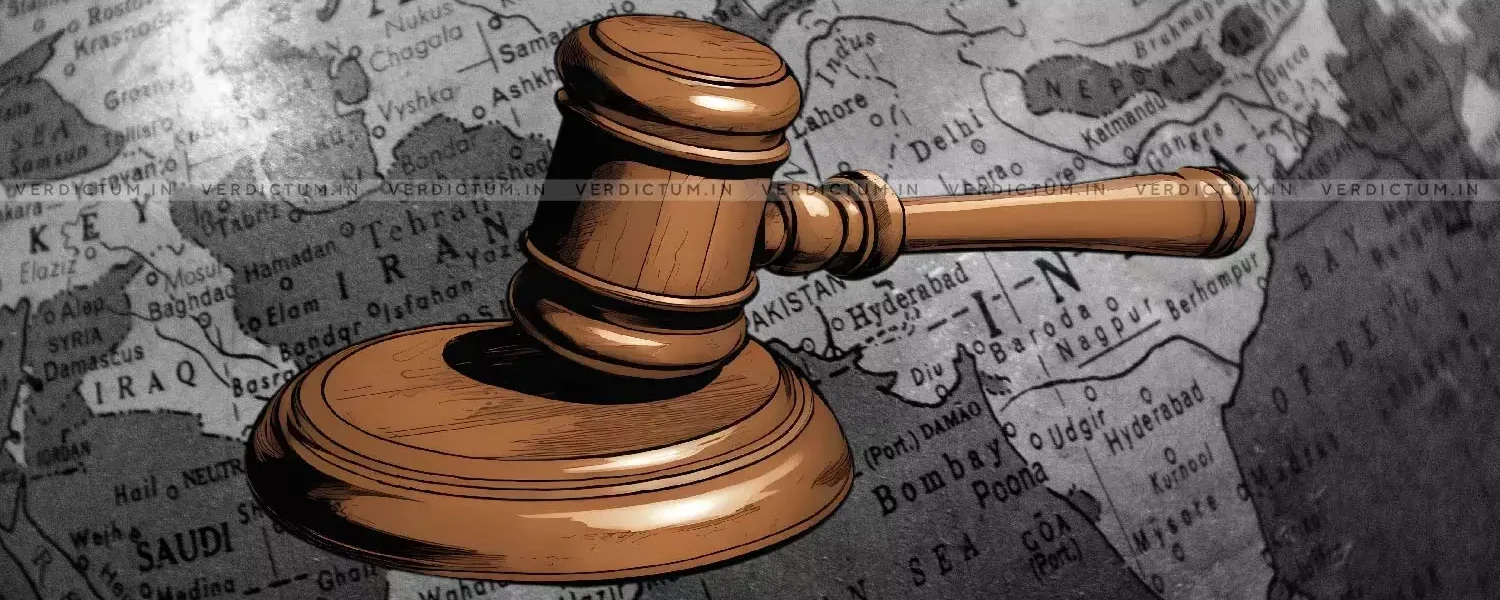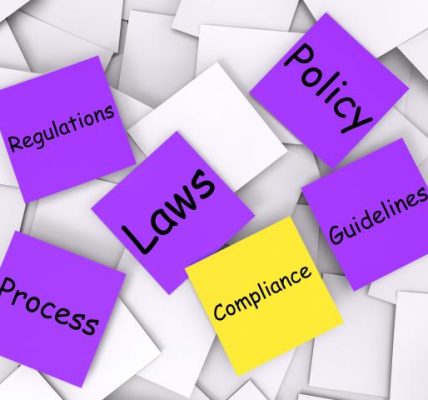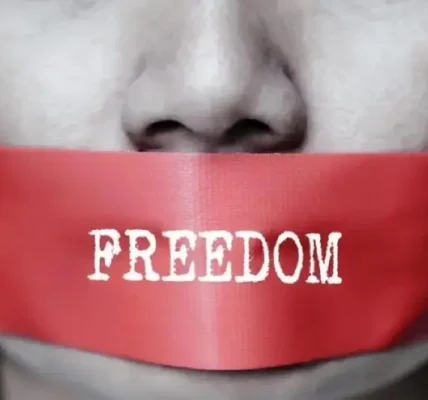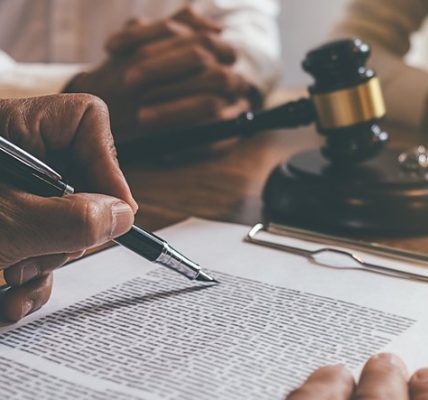International law functions as a central framework governing how nations behave, particularly when tensions escalate into conflict. It establishes the boundaries of acceptable action, offers mechanisms for peaceful resolution, and reinforces global stability through legal norms that apply equally to all states. Although its effectiveness depends on cooperation, political will, and enforcement capabilities, international law remains one of the strongest tools to prevent chaos, ensure accountability, and promote long-term peace.
Understanding the Foundations of International Law
International law is built on treaties, customs, court rulings, and established principles accepted by the global community. These elements shape a system that regulates interactions between states, international organizations, and increasingly, individuals.
Core Elements of International Law
-
Treaties: Formal agreements that bind participating states, such as the Geneva Conventions or the United Nations Charter.
-
Customary practices: Norms that evolve from consistent state behavior accepted as law.
-
Judicial decisions: Rulings from courts like the International Court of Justice (ICJ) that clarify or apply legal principles.
-
General principles: Widely accepted legal standards, including good faith, sovereignty, and non-intervention.
These sources collectively create an adaptable yet structured legal environment capable of addressing both long-standing and emerging global issues.
Regulating the Use of Force Between Nations
One of the most critical roles of international law is restricting the use of armed force. The United Nations Charter lays out clear rules aimed at preventing the outbreak of wars and maintaining global stability.
Key Limitations on Force
-
Prohibition of aggression: States are barred from attacking or threatening the territorial integrity or political independence of another state.
-
Self-defense: Nations may use force only in response to an armed attack, and even then, actions must be necessary and proportionate.
-
UN Security Council authorization: Force may be used collectively when the Council determines that threats to peace require coordinated international action.
These rules do not eliminate conflict entirely, but they narrow the circumstances under which states can legally resort to violence.
Preventing Conflict Through Diplomacy and Peaceful Resolution
International law provides multiple avenues for resolving disputes without violence. These methods encourage states to address disagreements through dialogue rather than force.
Common Peaceful Resolution Mechanisms
-
Negotiation: Direct conversation between parties seeking compromise.
-
Mediation: A neutral third party assists in finding common ground.
-
Arbitration: Disputes are submitted to an impartial panel whose decision is binding.
-
Judicial settlement: Courts such as the ICJ issue rulings to clarify legal positions.
These processes help de-escalate tensions, reduce misunderstandings, and prevent disputes from escalating into armed conflict. By offering stable and predictable procedures, international law promotes trust among states.
Humanitarian Protections During Armed Conflict
Even when conflict occurs, international law ensures that certain standards of behavior must be upheld. This set of rules, known as international humanitarian law (IHL), focuses on minimizing human suffering and protecting those who are not directly involved in hostilities.
Main Objectives of IHL
-
Protect civilians: Parties must avoid targeting non-combatants and infrastructure vital for survival.
-
Safeguard prisoners of war: Detainees must be treated humanely, without torture or degrading treatment.
-
Regulate weapons: Certain weapons, such as chemical agents or landmines, are restricted or banned.
-
Ensure humanitarian access: Organizations like the Red Cross must be allowed to assist affected populations.
By imposing obligations on all parties—state or non-state—IHL provides a moral and legal framework that tempers the brutality of warfare.
Protecting Human Rights in Times of Conflict
Human rights law does not disappear during conflict. Instead, it operates alongside humanitarian law to protect individuals from abuses by state authorities or armed groups.
Key Protections Include
-
Freedom from torture or ill-treatment
-
Right to life, except under strictly limited circumstances
-
Protection of children, minorities, and displaced populations
-
Safeguards against arbitrary detention
Although certain rights may be temporarily restricted for security reasons, core rights remain non-negotiable. International bodies monitor compliance and investigate violations, contributing to long-term accountability.
Accountability and Enforcement Through International Courts
Holding perpetrators accountable is essential for justice and lasting peace. International law provides several institutions that investigate, prosecute, and punish individuals responsible for serious crimes.
Notable Judicial Bodies
-
International Court of Justice (ICJ): Resolves disputes between states and provides advisory opinions.
-
International Criminal Court (ICC): Tries individuals for genocide, war crimes, and crimes against humanity.
-
Special tribunals: Courts established for specific conflicts, such as those for Rwanda or the former Yugoslavia.
These courts send a strong signal that even powerful leaders can face consequences for violating international norms. While political challenges sometimes impede enforcement, the pursuit of justice helps deter future abuses.
Managing Post-Conflict Reconstruction and Peacebuilding
After a conflict ends, international law plays a pivotal role in rebuilding societies, restoring order, and preventing renewed violence. Stabilization efforts often involve cooperation among states, international organizations, and local communities.
Key Areas of Post-Conflict Support
-
Establishing rule of law: Rebuilding judicial systems and restoring legal institutions.
-
Addressing war crimes: Holding perpetrators accountable to promote reconciliation.
-
Supporting displaced populations: Ensuring safe return, resettlement, or integration.
-
Demilitarization and disarmament: Reducing weapons and reintegrating former combatants.
-
Economic reconstruction: Creating conditions for sustainable development and stability.
Without structured legal frameworks, societies emerging from conflict often face recurring instability. International law guides these transitional stages toward durable peace.
Challenges to the Effectiveness of International Law
Despite its influence, international law faces obstacles that can limit its impact on global conflicts.
Major Barriers
-
State sovereignty: Nations may resist external interference in their domestic affairs.
-
Power disparities: Powerful states can sometimes evade consequences or shape legal outcomes.
-
Enforcement limitations: Courts and institutions rely on state cooperation to enforce judgments.
-
Evolving conflicts: Cyber warfare, terrorism, and hybrid tactics present new legal challenges.
-
Political interests: Geopolitical rivalries may hinder collective decision-making.
These challenges do not diminish the importance of international law, but they highlight the need for reform, stronger enforcement mechanisms, and global cooperation.
The Future of International Law in Global Conflicts
As conflicts become more complex, international law must adapt to address emerging threats and technologies. Strengthening institutions, improving accountability, and expanding legal frameworks to cover new domains—such as cyber operations—will be essential. Enhanced collaboration between states, regional organizations, and international bodies can reinforce the legitimacy and effectiveness of the global legal order.
FAQ
1. How does international law differ from domestic law?
Domestic law governs individuals within a country, while international law regulates behavior between sovereign states and international actors.
2. Can international law stop a conflict from starting?
While it cannot guarantee prevention, it discourages aggression by setting clear rules and consequences, and by offering peaceful resolution mechanisms.
3. Who enforces international law?
Enforcement depends on states, international courts, and organizations like the UN. Cooperation among nations is crucial.
4. Are non-state armed groups bound by international law?
Yes, many humanitarian law rules apply to all parties in a conflict, including non-state groups.
5. What happens if a state refuses to comply with an international court ruling?
Consequences may include sanctions, diplomatic pressure, or loss of credibility, though enforcement varies based on political will.
6. How does international law address new types of warfare?
Legal experts and states work to adapt existing frameworks or create new agreements to regulate cyber operations, autonomous weapons, and other developments.
7. Why is accountability important after a conflict?
It promotes justice, deters future crimes, and supports reconciliation and long-term stability.




